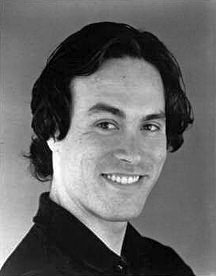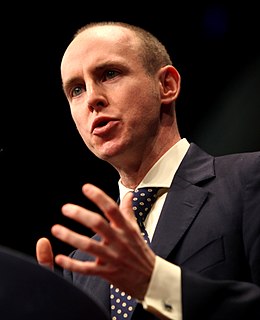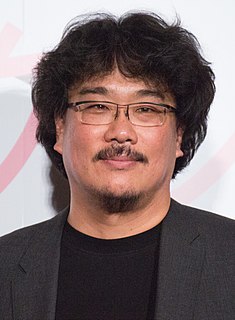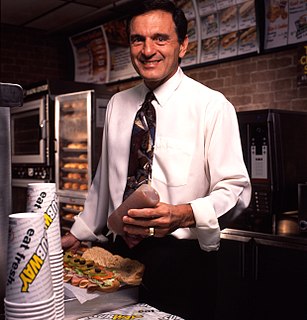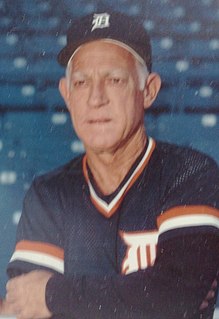A Quote by Earl Nightingale
Remember: Jobs are owned by the company; you own your #? career !
Related Quotes
All I can tell you is that you cannot make choices in your own career, either career choices or choices when you're actually working as an actor, based on trying to downplay or live up to a comparison with somebody else. You just can't do that. You have to do your own work based on your own gut, your own instincts, and your own life.
Many, perhaps most, people who lose their jobs are mistaken about the reason for which they lost their jobs. Some will say that they're failures, others that their boss had it in for them, and others yet that they were sure their career ended because of a stupid faux pas they made at the company picnic.
I managed 26 years and found out when I retired I didn't own the game. I thought I owned it when I was managing all those years. You can climb to the top of the mountain, get down on your knees and kiss the ground, because you'll never own that mountain. That mountain is only owned by one single person, and he'll never give it up. That's the way baseball is.

